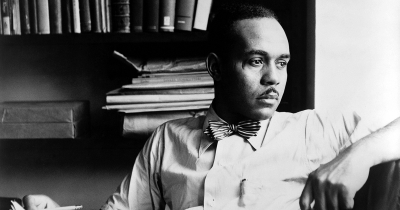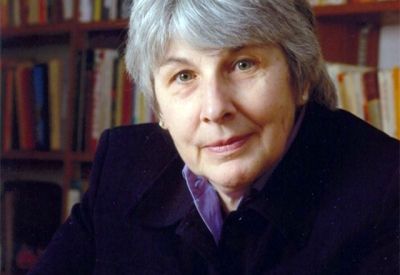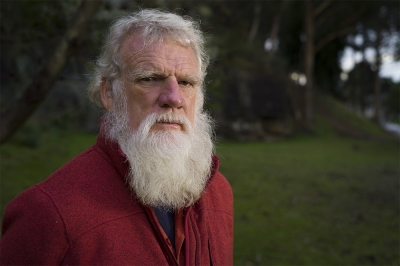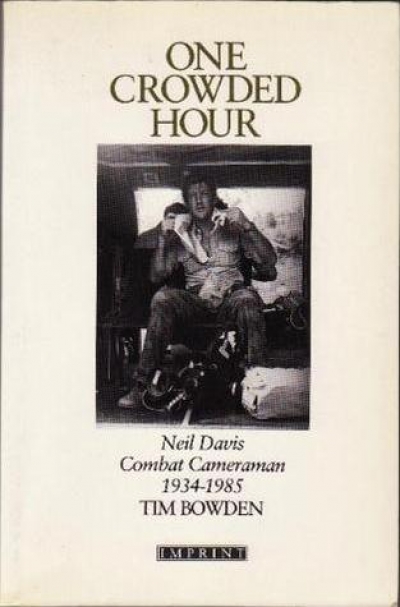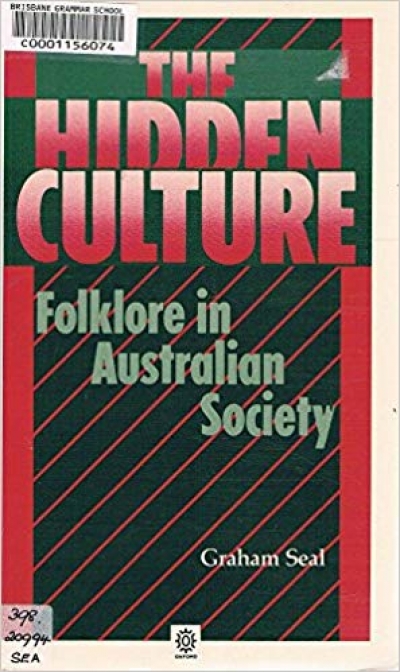Art
Vincent Namatjira by Vincent Namatjira
At last a spectacular tome for the many fans of Vincent Namatjira, one that will also win him new admirers. Originating from an exhibition at the Tarnanthi Festival and the Art Gallery of South Australia, this beautifully laid-out book from Thames & Hudson Australia captures the humour and intense vision of Namatjira’s career to date.






















